BLOG • December 20, 2022
First interns at Kuva Space share their experience

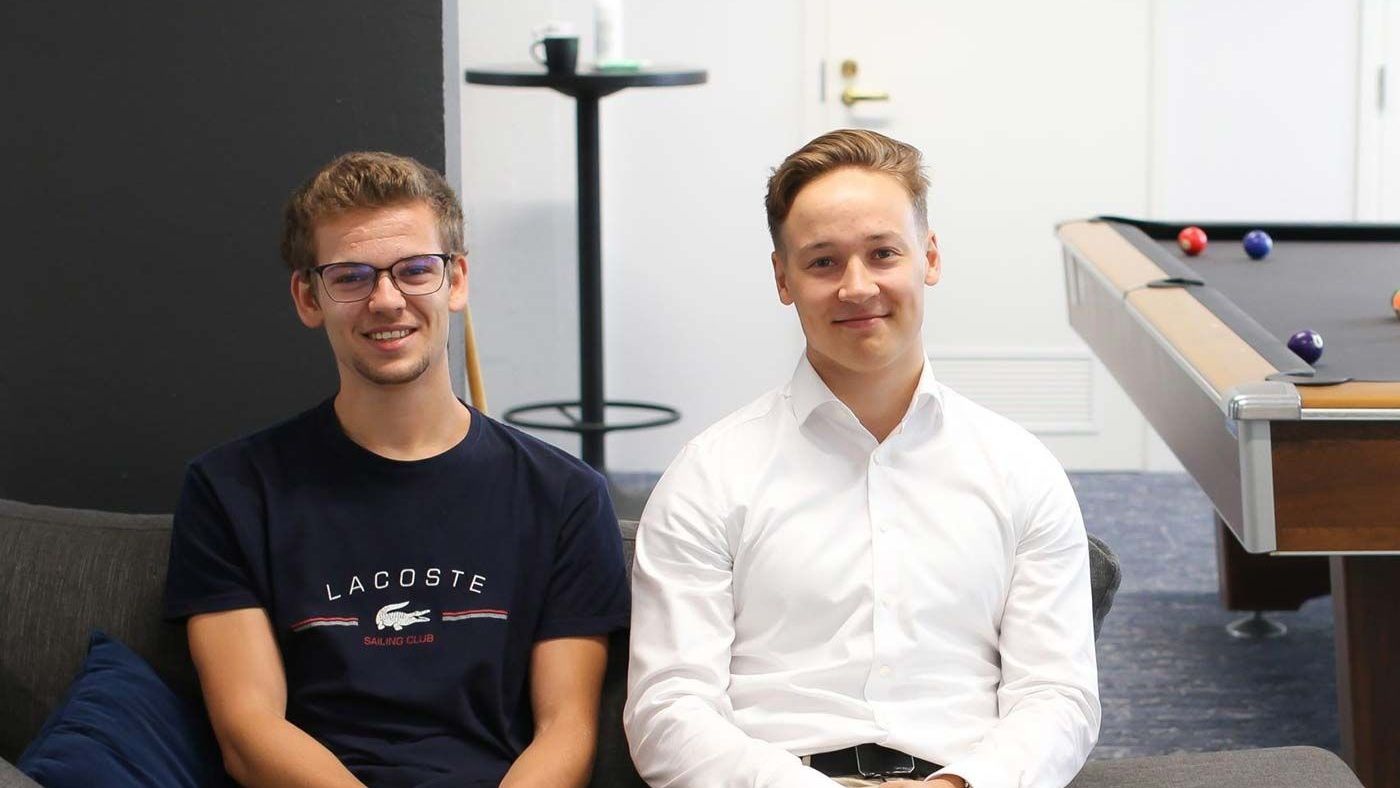
Kuva Space welcomes young talents (interns) to join us to learn and contribute to our mission to improve life on Earth through space-borne hyperspectral data services. As a company, we value the fresh perspectives and enthusiasm that interns bring to the table.
Who are you, and what do you do?
Iiro (I): I’m Iiro Ukkonen, a third-year industrial engineering and management student doing my Bachelor of Science at Aalto University in Espoo, Finland. I finished my business development traineeship at Kuva Space last autumn. I got to work on market research and analysis for business development projects in the agriculture and carbon credit markets.
Lennert (L): I’m Lennert Antson, and I recently graduated from Ghent University, where I obtained my Master of Science degree in Information Engineering Technology. During my master’s thesis, I learned the possibilities and solutions that hyperspectral imaging could offer compared to other imaging technology. After finishing my thesis, I got the opportunity to pursue a data analyst internship at Kuva Space.
Why did you decide to do your internship at Kuva Space?
I: My study combines business and engineering with a focus on strategy, operations management, and leadership, and I am very business oriented but also a bit of a tech geek. In general, deep tech startups are fascinating. Kuva Space perfectly fits that picture as a cutting-edge new space startup with a grand vision of making a real impact in our world.
L: I studied the possibilities and solutions that hyperspectral imaging could offer compared to regular imaging for my thesis. It was a logical choice for me to continue working in this field after my thesis and increase my knowledge and skill set in machine learning and hyperspectral imaging. It was also a big bonus that the applications developed at Kuva Space will make the planet more sustainable and greener. Plus, I wouldn’t have wanted to miss out on having the chance to work on satellite data and imagery.
What fun fact did you learn during your internship?
I: I had little knowledge about the space industry before joining Kuva Space. So, it was interesting to learn how small satellites are hailed up to space – companies like SpaceX offer ride-sharing akin to public transport. You buy a spot in their rocket, and when your satellite is at the right altitude, it jettisoned out to orbit.
L: I always assumed satellites were large and heavy systems. The fact that Kuva Space develops nanosatellites the size of a shoebox intrigued me. I was mesmerised by this fact throughout my internship.
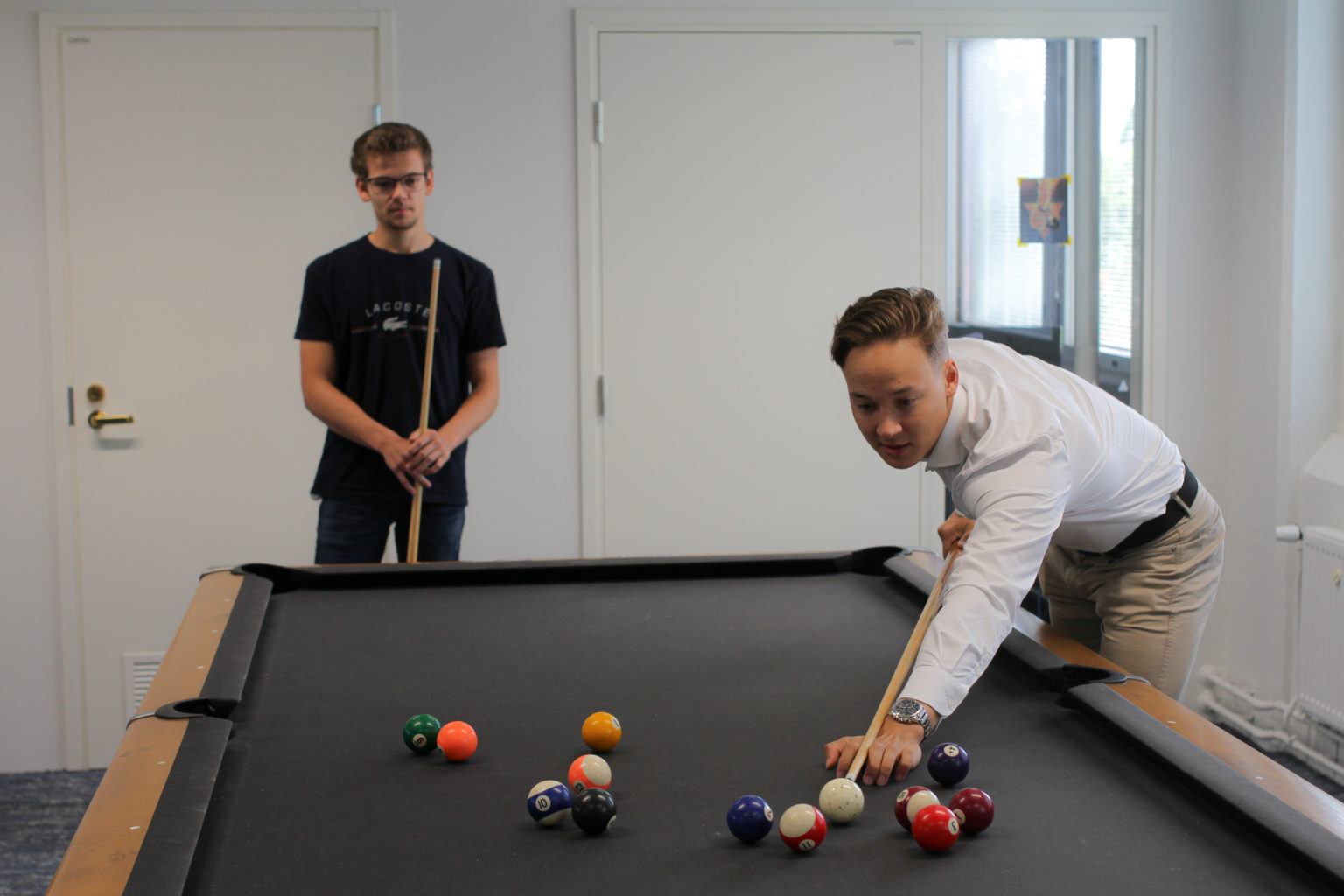
Why does the hyperspectral imaging world fascinate you?
I: Hyperspectral imaging reveals details about our environment based on an object’s spectral signature. It is interesting that a passive imaging technology that relies on sunlight reflections, a non-invasive method like x-rays, can tell you so much about the chemical composition of plants, e.g. The ability to take this technology to space with enough accuracy to make meaningful observations is incredible – it enables many easily scalable applications from food security to climate change to security.
L: For me, it is the fact that normal human beings are missing out on so many details because we cannot “see” them. Discovering all the things we can do with hyperspectral imaging is fascinating, especially when we’re able to distinguish, e.g., different materials based on very small differences in their spectral signature.
What one key takeaway will you bring along in your journey forward?
I: Building technology, especially a hardware-based startup creating something novel, is difficult and time-consuming. Hardware development requires long lead times, which makes planning and forecasting more difficult. The startup works with minimal information and high uncertainty, which forces its strategy and plans to evolve iteratively. It is an important real-life lesson about building a business that I learned here at Kuva Space.
L: Nothing specific comes to my mind. I’ve learned a lot during the three months – from image processing and the work that goes into satellite development to the various data applications that Kuva Space is developing. I learn something new every day, and that’s one of the things I appreciated the most about this traineeship.
Why would future minds (trainees) be interested in the Kuva Space trainee program?
Iiro’s & Lennert’s consolidated thoughts:
1. You make a real impact: Hyper interesting technology with a wide range of applications and potential for making a real impact on, e.g., the carbon verification market.
2. Your work matters: You can quickly get a holistic view of the whole company and its direction, and it’s easy to see why your work matters.
3. You are in good company and culture: People at Kuva Space are super friendly and a pleasure to work with, and it is easy to chat with anyone, be it the CEO or another trainee.
4. You own your work: You’re also trusted to do your job without too much oversight, but help is, of course, available when needed.
5. You learn a lot: You work with intelligent and exciting people from various backgrounds.
What's your next adventure? Where are you heading after the traineeship?
I: Now, for the rest of 2022, I will continue my studies and volunteer work for my student organisation. Next spring, I will be heading to an exchange program in the Netherlands, and the world is open after that. I will be closely following Kuva Space and maybe come work here again at some point :)
L: When my internship ended in the beginning of November 2022, I joined Kuva Space as a full-time data scientist. I look forward to working with all the people I’ve met during my internship, and continue to work with space-borne data analytics.
Thank you Iiro and Lennert for your active contribution to our team and mission. All the best in your future endeavors! 🚀
Resources
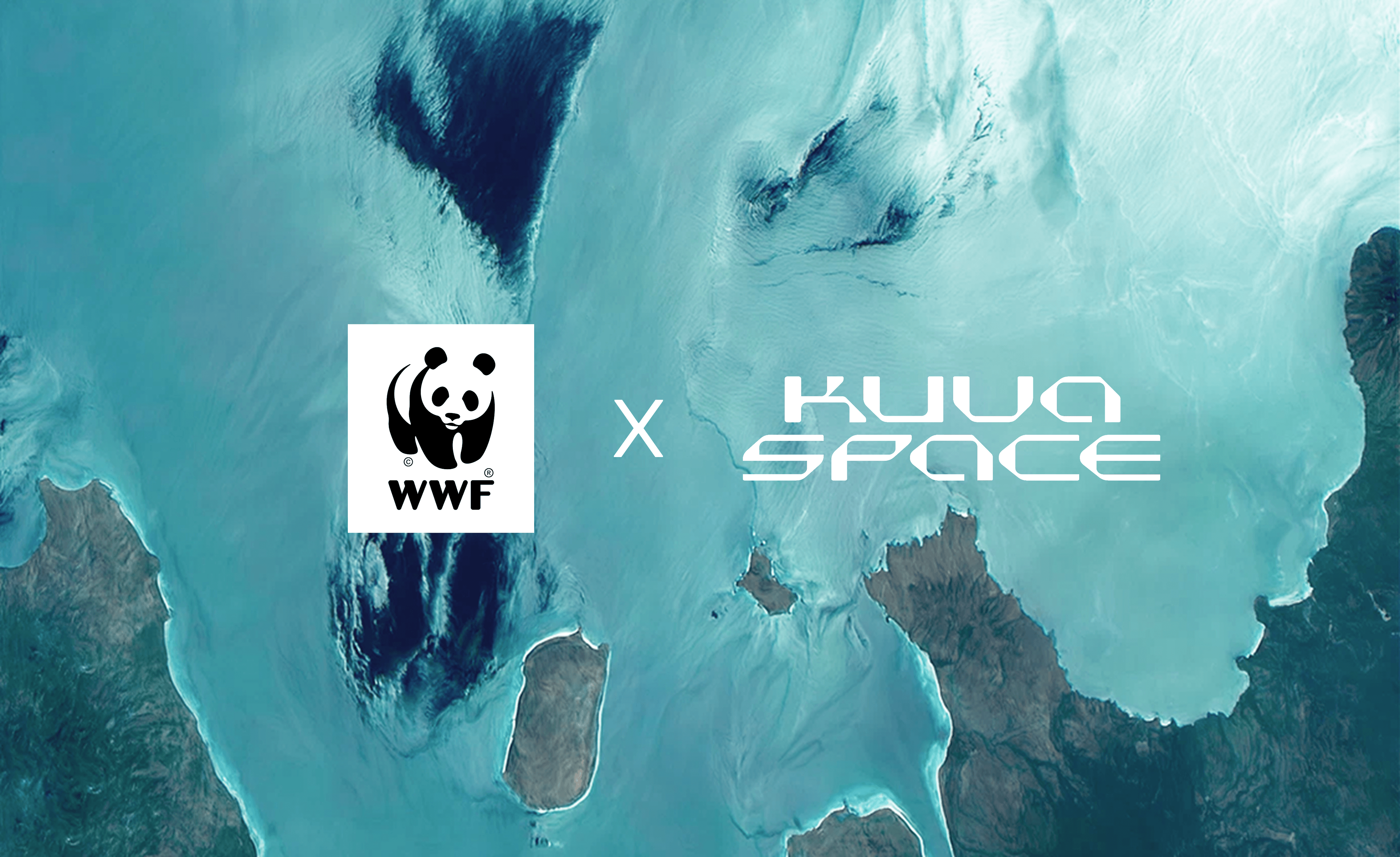
Press releases · December 11, 2025
Kuva Space Partners with WWF-Indonesia to Bring Hyperspectral Satellite Technology to Blue Carbon Verification and Sustainable Financing
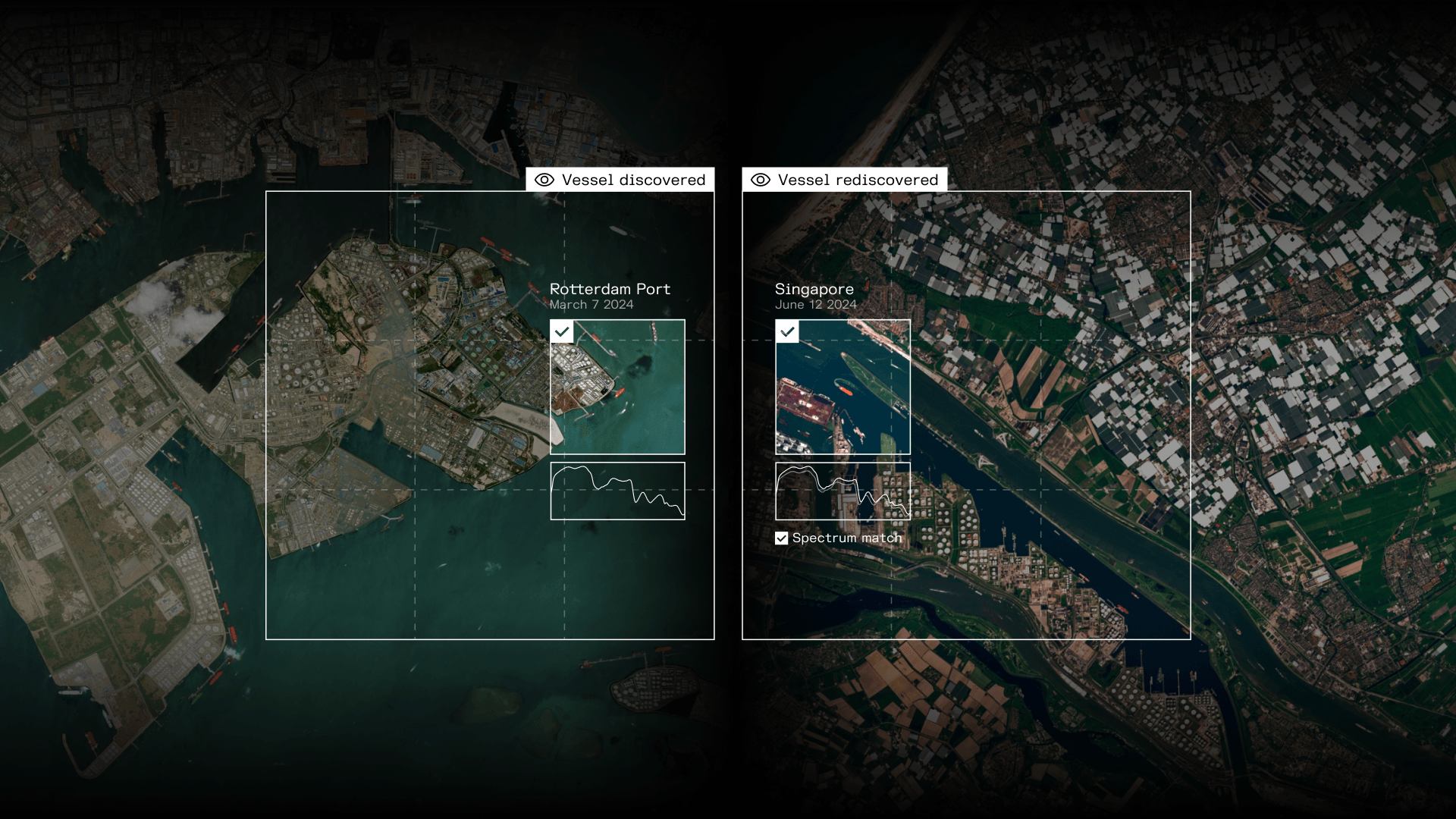
Case studies · November 5, 2025
Exposing dark vessels in contested seas with hyperspectral intelligence
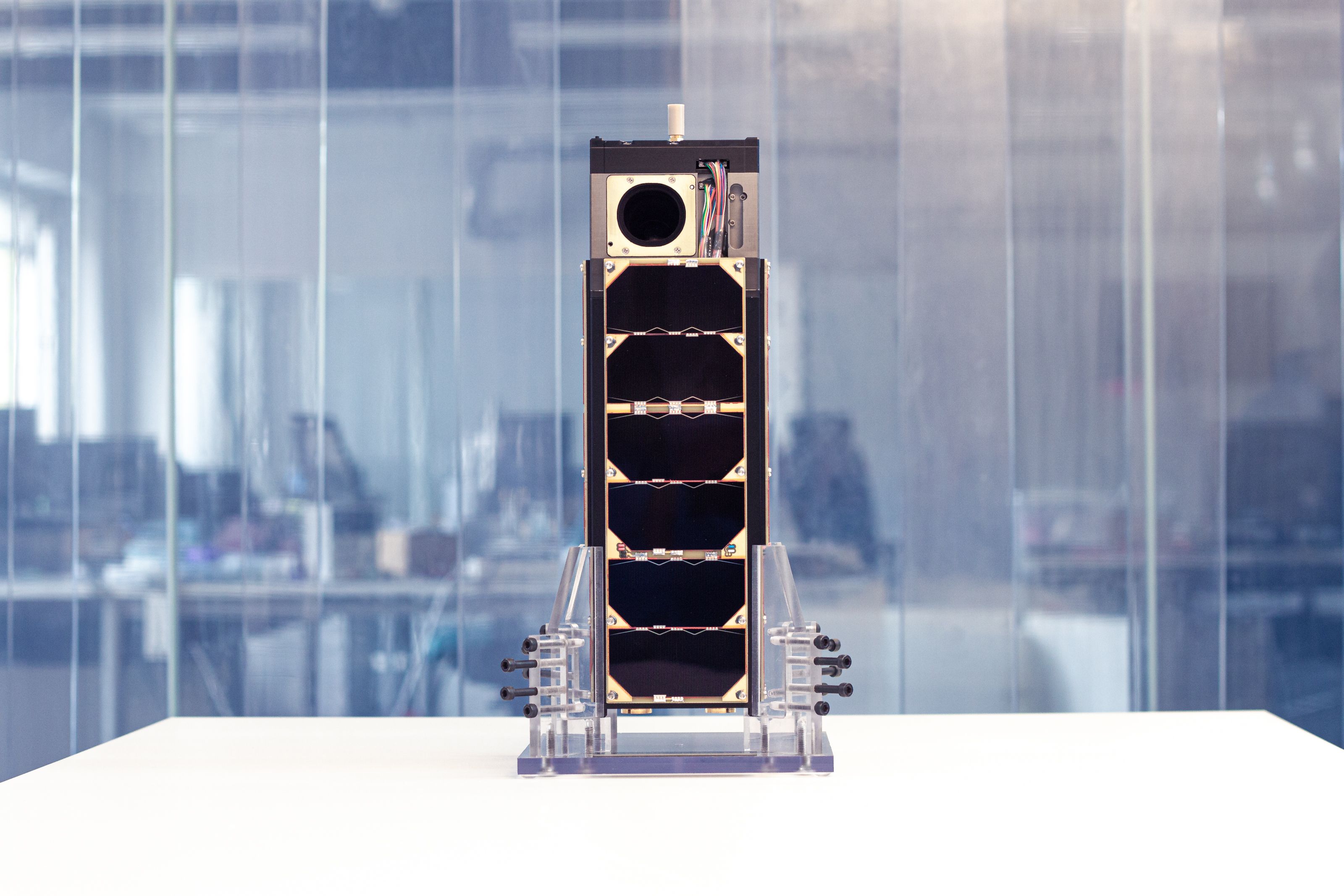
Press releases · October 1, 2025